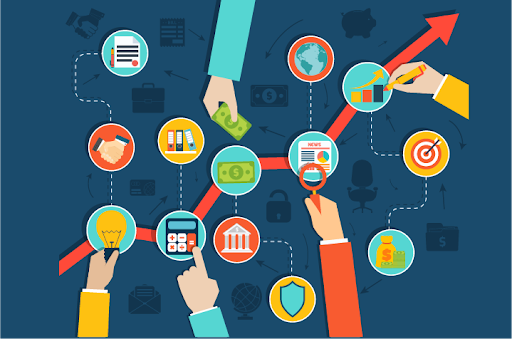The Background
With Traditional credit scoring system, it is essential to have a bank account and have regular transactions, but there are a few groups of people especially in developing nations that still do not have a bank account for a variety of reasons; they do not see the need for it, some are unable to produce the necessary documents, for some the cost of opening the accounts is high, some may not have the knowledge about opening accounts, lack of awareness, trust issues and some unemployed.
Some of these individuals may need loans for essentials; maybe to start a business or like farmers who need a loan to buy fertilizers or seeds. While many of them may be reliable creditors but because they do not get access to funding, they are being pushed to take out high-cost loans from non-traditional, often predatory lenders.
Low-income individuals have an aptitude for managing their personal finances. And we need a system for ethical credit scoring in order to help these borrowers and clutch them from falling into deeper debts.
Omdena partnered with Creedix to build an ethical AI-based credit scoring system so that people get access to fair and transparent credit.
The Problem Statement
The goal was to determine the creditworthiness of an un-banked customer with alternate and traditional credit scoring data and methods. The data was focused on Indonesia but the following approach is applicable in other countries.
#financial-inclusion #banking-technology #machine-learning #ai #tech-for-good
